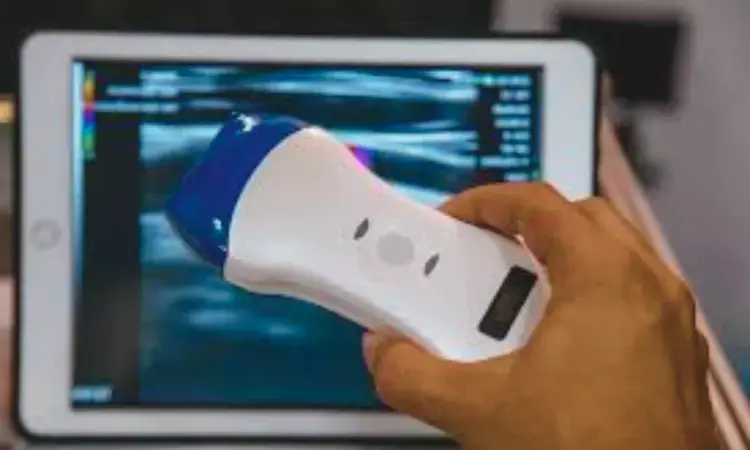- Home
- Medical news & Guidelines
- Anesthesiology
- Cardiology and CTVS
- Critical Care
- Dentistry
- Dermatology
- Diabetes and Endocrinology
- ENT
- Gastroenterology
- Medicine
- Nephrology
- Neurology
- Obstretics-Gynaecology
- Oncology
- Ophthalmology
- Orthopaedics
- Pediatrics-Neonatology
- Psychiatry
- Pulmonology
- Radiology
- Surgery
- Urology
- Laboratory Medicine
- Diet
- Nursing
- Paramedical
- Physiotherapy
- Health news
- Fact Check
- Bone Health Fact Check
- Brain Health Fact Check
- Cancer Related Fact Check
- Child Care Fact Check
- Dental and oral health fact check
- Diabetes and metabolic health fact check
- Diet and Nutrition Fact Check
- Eye and ENT Care Fact Check
- Fitness fact check
- Gut health fact check
- Heart health fact check
- Kidney health fact check
- Medical education fact check
- Men's health fact check
- Respiratory fact check
- Skin and hair care fact check
- Vaccine and Immunization fact check
- Women's health fact check
- AYUSH
- State News
- Andaman and Nicobar Islands
- Andhra Pradesh
- Arunachal Pradesh
- Assam
- Bihar
- Chandigarh
- Chattisgarh
- Dadra and Nagar Haveli
- Daman and Diu
- Delhi
- Goa
- Gujarat
- Haryana
- Himachal Pradesh
- Jammu & Kashmir
- Jharkhand
- Karnataka
- Kerala
- Ladakh
- Lakshadweep
- Madhya Pradesh
- Maharashtra
- Manipur
- Meghalaya
- Mizoram
- Nagaland
- Odisha
- Puducherry
- Punjab
- Rajasthan
- Sikkim
- Tamil Nadu
- Telangana
- Tripura
- Uttar Pradesh
- Uttrakhand
- West Bengal
- Medical Education
- Industry
Handheld Ultrasound Proves Effective for VExUS Assessment in Critically Ill Patients: Study

Noida Radiology Centre Sealed for Illegal Sex Tests
China: Researchers have found in a recent study that portable handheld ultrasound devices can provide reliable VExUS (Venous Excess Ultrasound) assessments in critically ill patients while significantly reducing examination time compared to conventional ultrasound. The findings, published in the Journal of Critical Care, suggest that this approach can enhance efficiency in intensive care units (ICUs) without compromising diagnostic accuracy.
- Results showed excellent agreement between handheld and conventional ultrasound for most VExUS parameters.
- Inferior vena cava (IVC) diameter demonstrated minimal measurement bias (0.037 cm) with a strong correlation (ICC = 0.98).
- Hepatic vein assessments displayed near-perfect concordance (ICC > 0.96).
- Overall, VExUS grading reliability was high for both devices (handheld κ = 0.879, ICC = 0.912; conventional κ = 0.851, ICC = 0.865).
- Handheld ultrasound significantly reduced procedural time, with a median of five minutes compared to eight minutes for conventional ultrasound (37.5% faster).
- Image acquisition success rates were above 91% for all vessels, reaching 100% for hepatic veins and IVC.
- Renal vein evaluation had lower inter-rater agreement with handheld devices (κ = 0.55) versus conventional ultrasound (κ = 0.653), highlighting an area for improvement.
Dr Kamal Kant Kohli-MBBS, DTCD- a chest specialist with more than 30 years of practice and a flair for writing clinical articles, Dr Kamal Kant Kohli joined Medical Dialogues as a Chief Editor of Medical News. Besides writing articles, as an editor, he proofreads and verifies all the medical content published on Medical Dialogues including those coming from journals, studies,medical conferences,guidelines etc. Email: drkohli@medicaldialogues.in. Contact no. 011-43720751


